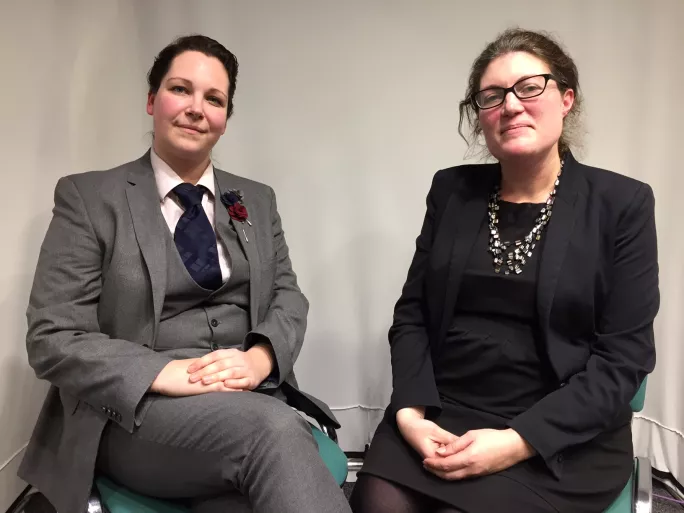- Home
- The specific benefits of generalising about maths
The specific benefits of generalising about maths

“Learners are generalising all the time,” says Dr Helen Drury. “The act of generalising is a natural human thing to do.”
Drury defines generalising as looking for what’s common - stressing some features and ignoring others - to find a deeper structure.
Quick read: Maths and physics teachers to get £2K retention payments
Quick listen: Could collaboration be key to better maths?
Want to know more? What teachers can learn from Leonardo da Vinci
Although learners generalise in all school subjects, maths is extra special in this regard because the concepts and the procedures we learn about are themselves generalities, and we learn to make sense of them through their relationships (which can also be generalised).
If all this sounds a bit abstract and difficult, don’t worry. Generalising has often been confined to secondary algebra, but Drury thinks it’s really valuable to encourage it from very early years all the way through mathematics education.

“Times tables facts are generalities,’ she says, “and they need to be experienced. Learners need to not just be told about them, but get a sense of it for themselves.”
Similarly, the idea of a triangle is a generality - what can we change about it (such as turning it around so it’s not on its “big fat bottom”) but still keep its “triangle-ness”?
Drury has an impressive research background, not only did she study for her teaching qualification with Professor Anne Watson, but her PhD supervisor was Professor John Mason.
Little surprise, then, that she has followed in their footsteps, making an impact in maths education by not only studying theory, but taking that theory directly into the classroom herself.
“Oh, the joy and the pain of teaching,” she says. “You never get there. Whenever I read the transcripts [of her research, analysing classroom interactions between her and students], I wish I’d said something different - but you can’t take all of the great opportunities.”
Motivated by the desire to support a better link between research and classroom practice, Drury founded Mathematics Mastery, an organisation now working with upward of 500 schools across both primary and secondary.
In-depth analysis
In the podcast, she convinces me that, instead of finding many examples and looking for patterns, looking at just one example in depth can be a powerful route to generality.
“It’s not cheating to have just one example,” she smiles. For instance, “thinking about nine-sevenths”.
‘It’s bigger than one,” she says. “What is it that makes it bigger than one? Not the nine, or the seven. There’s something about it. How can we enable someone to see that the nine being bigger than seven is the thing?”
By thinking deeply about its features and deciding which are “structural” and which are “incidental” to the idea at hand, she says.
“Arguably it’s much more interesting to engage with than just pattern-spotting, too.”
Listen to the episode for the T-shirt slogan of the podcast (Everybody generalises!); to find out what makes her exclaim “No! Not pizza!’ at me” and to witness the birth of a campaign to “bring back the big dot”.
Drury also controversially claims that if a student asks “What’s the point of algebra?”, then something has gone wrong…
Listen now
You can listen for free by downloading the podcast from your podcast platform (type “Tes - the education podcast”) or you can listen below.
Lucy mentions:
-
Helen’s 2006 paper Structuring students’ awareness of generality in whole class discussion;
-
Helen’s two books How to Teach Mathematics for Mastery and Mastering Mathematics: Teaching to Transform Achievement.
Helen mentions:
-
Dimensions of possible variation, discussed in this paper;
-
The US common core curriculum, with a focus on conjecturing, justifying and generalising;
-
The ‘Sometimes, always, never true’ task prompt
-
Watson and Mason’s Questions and Prompts for Mathematical Thinking
-
Mathematics as a Constructive Activity: the role of learner-generated examples, also by Watson and Mason.
Keep reading for just £1 per month
You've reached your limit of free articles this month. Subscribe for £1 per month for three months and get:
- Unlimited access to all Tes magazine content
- Exclusive subscriber-only stories
- Award-winning email newsletters



